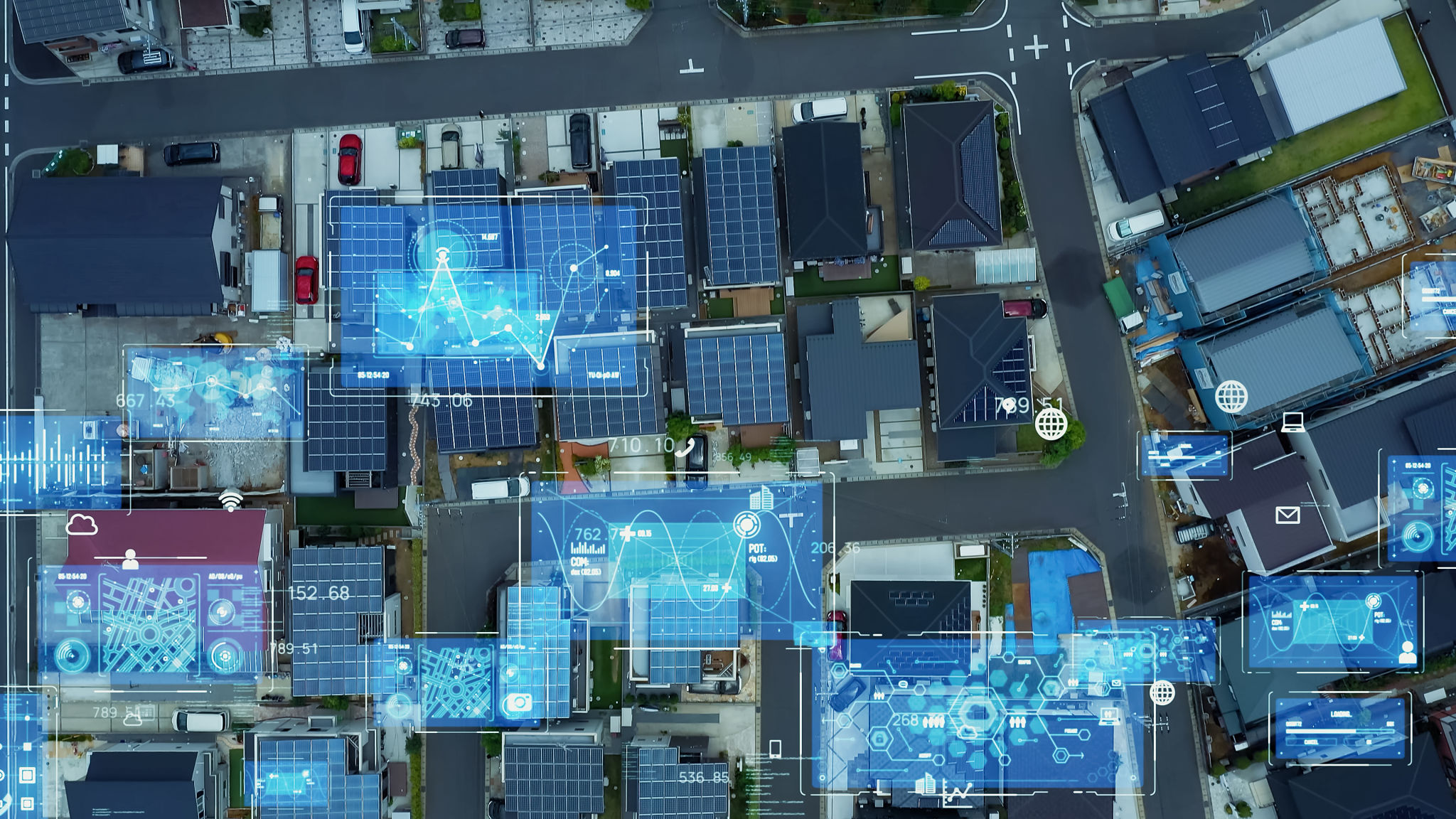The Role of Technology in Modern Property Management
Introduction to Technology in Property Management
The property management industry has undergone a significant transformation in recent years, largely driven by technological advancements. From streamlining operations to enhancing tenant experiences, technology plays a crucial role in modern property management. As property managers adapt to these changes, they find themselves equipped with new tools that not only improve efficiency but also help in making more informed decisions.

Streamlining Operations
One of the primary benefits of technology in property management is the automation of routine tasks. Property management software allows managers to automate processes like rent collection, maintenance requests, and tenant communication. This automation reduces the time spent on administrative tasks, allowing property managers to focus on more strategic aspects of their business. Furthermore, digital platforms provide centralized data management, ensuring that information is easily accessible and up-to-date.
Another operational advantage is the use of smart building technologies. These systems can optimize energy consumption, enhance security, and ensure timely maintenance, all of which contribute to reducing operational costs. By leveraging the Internet of Things (IoT), property managers can monitor building systems remotely and proactively address issues before they escalate.
Enhancing Tenant Experience
In today's competitive real estate market, enhancing tenant experience is more important than ever. Technology plays a pivotal role in meeting tenant expectations by offering conveniences like online portals for rent payments and maintenance requests. These portals provide tenants with a seamless and efficient way to interact with property management, enhancing their overall satisfaction.

Additionally, the integration of smart home devices has become increasingly popular. Features such as smart locks, thermostats, and lighting not only add value to the property but also offer tenants greater control over their living environment. This personalization can significantly boost tenant retention rates.
Improving Decision-Making with Data Analytics
Data-driven decision-making is another area where technology has made a substantial impact. Property management platforms often come equipped with analytics tools that provide insights into market trends, tenant preferences, and operational efficiency. By leveraging this data, property managers can make informed decisions about pricing strategies, marketing efforts, and property improvements.
Predictive analytics is particularly valuable in forecasting occupancy rates and identifying potential maintenance issues before they become costly repairs. This proactive approach not only saves money but also helps maintain the property's value over time.

Challenges and Considerations
While technology offers numerous benefits, it also presents challenges that property managers must address. Cybersecurity is a major concern as sensitive tenant and financial data are stored digitally. Implementing robust security measures is essential to protect against data breaches and maintain trust.
Moreover, not all tenants may be tech-savvy or have access to the latest devices. Property managers should ensure that their technological solutions are inclusive and accessible to all tenants, providing alternative methods for those who may face challenges.
The Future of Property Management
The role of technology in property management will continue to evolve as new innovations emerge. Artificial intelligence, virtual reality, and blockchain are just a few areas with the potential to further revolutionize the industry. Staying ahead of these trends will be crucial for property managers who wish to remain competitive and deliver exceptional service.
In conclusion, embracing technology in modern property management is not just an option but a necessity. By leveraging the right tools and strategies, property managers can enhance operational efficiency, improve tenant satisfaction, and make data-driven decisions that contribute to long-term success.
